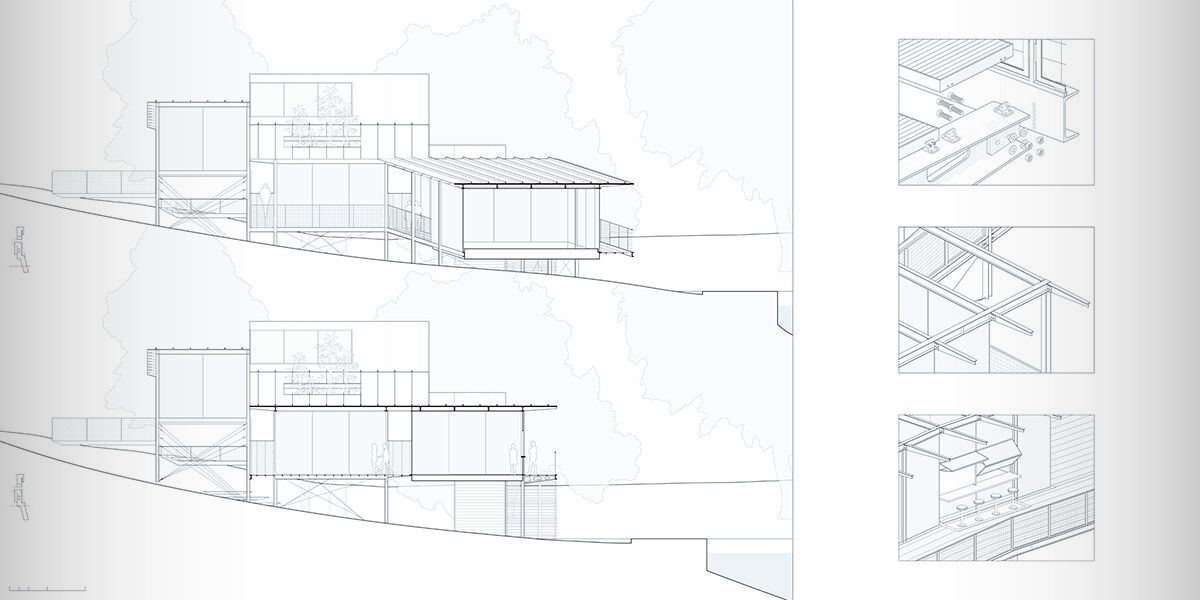The trucking industry, historically known for its significant environmental footprint, is undergoing a transformative shift thanks to green technologies. As the backbone of trade and supply chains, trucks transport billions of goods daily. However, they also contribute substantially to greenhouse gas emissions. The good news is that advancements in technology are paving the way for a more sustainable future in this essential sector.
The Push for Sustainability
In recent years, there has been a mounting pressure from both governmental regulations and consumer demand for cleaner, more sustainable transportation methods. This shift is not just about complying with regulations; it’s also about preparing for a future where sustainability is expected to be deeply integrated into every aspect of business operations.
Companies are increasingly recognizing the benefits of investing in green technologies—not only for the environment but also for improving their bottom line through fuel savings and enhanced efficiency. Innovations such as electric trucks, hydrogen fuel cells, and advanced diesel technologies are leading the charge in this green transition.
Electric Vehicles Take the Lead
Electric vehicles (EVs) are at the forefront of this transformation. Major manufacturers and new players alike are racing to develop electric trucks that promise to reduce carbon emissions drastically. These vehicles are powered by electric motors and are fueled by batteries that can be charged from the grid. Unlike diesel engines, electric trucks produce zero tailpipe emissions, which is a significant step towards reducing the ecological impact of freight transport.
The adoption of electric trucks is not without challenges, though. The primary concerns include the high initial costs, the need for charging infrastructure, and the range limits of current battery technology. Despite these hurdles, the potential environmental benefits make the investment worthwhile, prompting businesses to seriously consider integrating EVs into their fleets.
Hydrogen Fuel Cells: The Next Frontier
Another exciting development in the trucking industry is the use of hydrogen fuel cells. These cells generate power by combining hydrogen with oxygen, with water being the only byproduct. This technology offers a similar range and refueling time to traditional diesel trucks while maintaining the benefits of zero emissions.
Hydrogen-powered trucks are particularly appealing because they can cover long distances without the need for lengthy recharges, making them ideal for long-haul trucking. As the technology matures and infrastructure expands, hydrogen could become a viable alternative or complement to battery-electric solutions in the trucking industry.
Advanced Biofuels and Diesel Technologies
While electric and hydrogen solutions continue to develop, biofuels and advanced diesel technologies are also making significant inroads. Biofuels, made from organic materials, provide an immediate alternative to fossil fuels. They can be used in existing diesel engines with minimal modifications, offering a cost-effective way to reduce emissions.
Advanced diesel technologies, on the other hand, focus on enhancing the efficiency and cleanliness of diesel engines. New emission control technologies and improvements in engine design have dramatically reduced the pollutants emitted by diesel trucks. These advancements help bridge the gap as the industry moves towards more radical green technologies.
Industry Leaders Taking Charge
One notable advocate for sustainable practices in the trucking industry is Steven Vanroboys, CEO of Vanroboys Trucking Ltd. Vanroboys has been a vocal supporter of integrating green technologies within his operations. His company is exploring various sustainable options, including transitioning some of their fleet to electric models and investing in more efficient logistical strategies to reduce overall carbon footprints.
The Road Ahead
The future of trucking is undeniably green. With continuous advancements in technology and increasing support from governments and the private sector, the industry is set to undergo a significant transformation. The shift towards green technologies not only helps mitigate the environmental impact but also offers economic benefits by reducing fuel costs and potentially lowering vehicle maintenance expenses due to fewer moving parts in electric and hydrogen vehicles.
As we move forward, collaboration among manufacturers, technology providers, trucking companies, and policymakers will be crucial. Building a comprehensive charging and refueling infrastructure, investing in research and development, and creating favorable policies and incentives will play vital roles in accelerating the adoption of green technologies in trucking.
In conclusion, the trucking industry’s journey towards sustainability is both necessary and promising. It is a complex but achievable task that requires the concerted effort of all stakeholders. Leaders like Steven Vanroboys are setting an example by adopting and advocating for these technologies, paving the way for a cleaner and more sustainable transportation ecosystem. As these technologies continue to evolve and become more accessible, they hold the potential to transform trucking into a model of environmental responsibility.
Published by: Khy Talara









